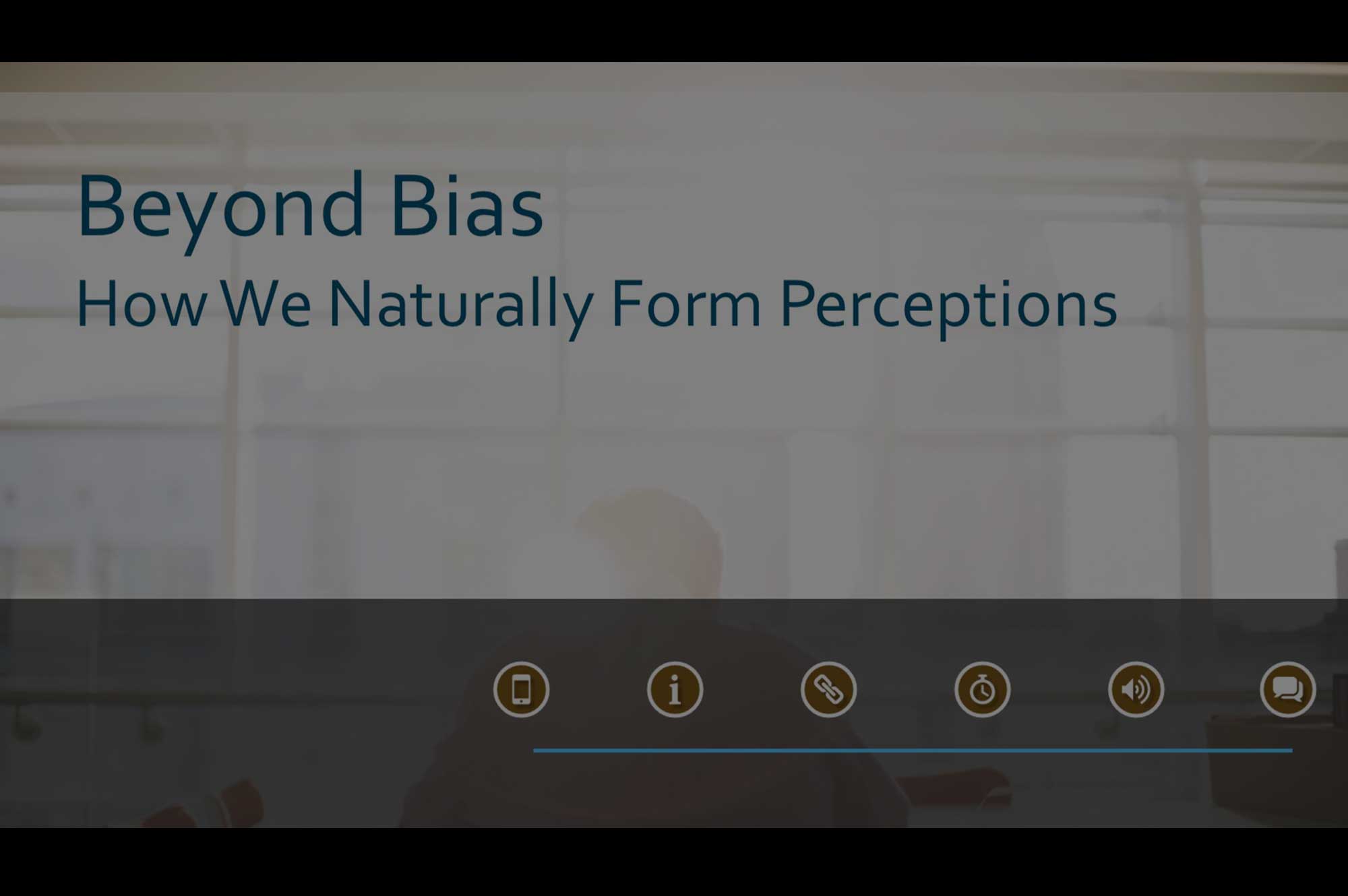Change is constant and inevitable and successful leaders must have the skills to adapt when change arises.
True adaptability means more than coping with change; it means developing strategies to deal with new situations and adjusting behaviours to accommodate them. Adaptable leaders behave in a way that responds easily to new environments and different conditions. They remain flexible during times of change and draw on different thinking strategies in different situations. They vary their approach to dealing with emotions to ensure that the response is appropriate to the circumstances.
Adaptable leaders focus their attention on things that are within their control; they practice self-care to ensure they can build resilience, manage time, and manage stress. Adaptable leadership ensures that leaders are prepared for change and provide appropriate responses to the situation at hand rather than responding from their “comfort zones.”
These courses are ones recommended by B.C. Corrections to fulfill the competencies for the topic of Adaptability.
Unconscious bias is a phenomenon that all humans engage as a mechanism to help explain and understand our surroundings. Unfortunately, it can inhibit our interactions and make us draw conclusions that are incorrect (From: JIBC; Mode: Independent learning, online module; Next offered: ongoing).
Look here for a random selection of additional audio, video, and readings to expand an understanding of Adaptability.
In this article in the MindTools Toolset series on leadership, Bruna Martinuzzi provides the rationale for leaders to be adaptable as well a series of practical tips for developing one's own adaptability (online article).


